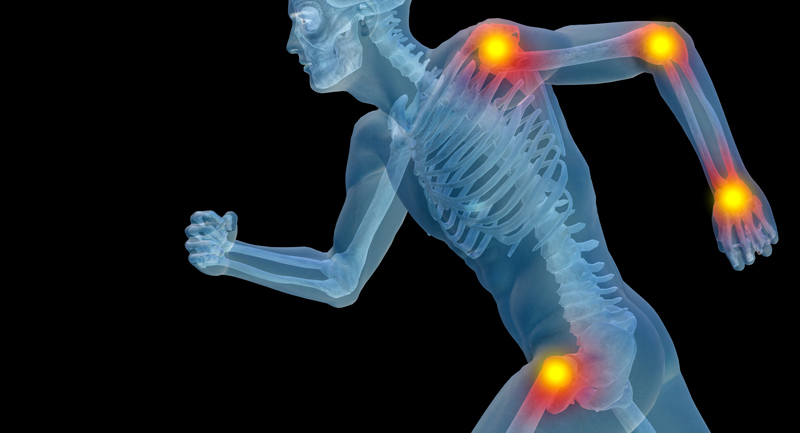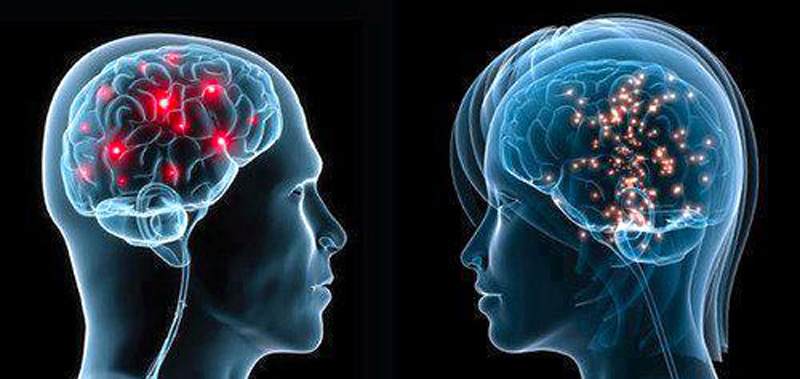It Takes Years and Years to Fully Discover Tai Chi
Tara Brayshaw - Wednesday, June 08, 2016
“… A tai chi master would tell you that you’re doing nothing wrong but you just don’t have it yet. It takes years and years to fully discover tai
chi. You cannot just learn life instantly. Life is to be lived. You might think “If I find a good teacher, if I read a good book, I will eventually
become very wise, and I will have conquered all the difficulties in life.” If you do that, then what’s next? Boredom. ... read more
An Introduction to the Chinese Wushu Duanwei System
Tara Brayshaw - Wednesday, June 08, 2016
The Chinese Wushu Duanwei System is a hierarchical system which the Chinese Wushu Association formulated to evaluate the professional level of wushu practitioners.
Based on this system, a series of Textbooks was compiled to ensure a unified standard of education and evaluation. In order to promote the popularization
of Wushu and develop different schools, every effort was made to establish an agreed set of standards in the hope of guiding wushu practitioners to
master wushu and its empty hand and ... read more
The Cracked Pot
Tara Brayshaw - Tuesday, June 07, 2016
An elderly Chinese woman had two large water pots hung on either end of a pole, which she carried across her neck. One of the pots had a crack in it
and at the end of the long walks from the river to the house, the cracked pot always arrived only half full.
Every day the woman continued to bring home only one and a half pots of water. Of course, the perfect pot was proud of its accomplishments. ... read more
Study: Tai Chi and Qigong Show Some Beneficial Health Effects
Tara Brayshaw - Friday, June 03, 2016
A review of scientific literature suggests that there is strong evidence of beneficial health effects of tai chi and qi gong, including for bone health, cardiopulmonary fitness, balance, and quality of life.
Researchers from the Institute of Integral Qigong and Tai Chi (Santa Barbara, California), Arizona State University, and the University of North Carolina analyzed 77 articles reporting the results of 66 randomized controlled trials of tai chi and qi gong. The studies involved a total of 6,410 participants.
Of ... read more
Study: Tai Chi on Psychological Well-Being: Systematic Review and Meta-Analysis
Tara Brayshaw - Friday, June 03, 2016
We know that physical activity and exercise are supposed to improve psychological health. However, the question has been what if any, effect Tai Chi
has on stress, anxiety, depression and mood disturbance in eastern and western populations.
Eight English and 3 Chinese databases were used to collate forty studies totalling 3817 subjects that met the criteria of having at least 1 reportable
psychological health outcome. Approximately 29 psychological measurements were assessed revealing that Tai Chi significantly increased psychological
well-being including ... read more
Study: Tai Chi Relieves Arthritis Pain, Improves Reach, Balance, Well-Being
Tara Brayshaw - Friday, June 03, 2016
CHAPEL HILL, N.C. – In the largest study to date of the Arthritis Foundation's Tai Chi program, participants showed improvement in pain, fatigue, stiffness
and sense of well-being.
Their ability to reach while maintaining balance also improved, said Leigh Callahan, PhD, the study's lead author, associate professor in the University
of North Carolina at Chapel Hill School of Medicine and a member of UNC's Thurston Arthritis Research Center.
"Our study shows that there are significant benefits of the Tai Chi ... read more
Study: Tai Chi Reduces Pain and Improves Physical Function for People with Knee OA
Tara Brayshaw - Friday, June 03, 2016
Osteoarthritis (OA) refers to a clinical syndrome of joint pain accompanied by varying degrees of functional disability and impaired quality of life. The prevalence increases with age, and OA is one of the leading causes of pain and disability for the adult population worldwide (NICE 2008).
Tai Chi is a form of exercise that focuses on controlled movements combined with diaphragmatic breathing and relaxation while maintaining good posture (Hall et al 2009). This randomised controlled trial included modified Yang-style Tai ... read more
Tai Chi May Help Parkinson’s Sufferers to Increase Balance and Stability
Tara Brayshaw - Friday, June 03, 2016
People with Parkinson's disease usually have substantially impaired balance, leading to diminished functional ability and an increased risk of falling. Although exercise is routinely encouraged by health care providers, few programs have been proven effective.
A randomized, controlled trial was conducted by the Oregon Research Institute, with funding from the National Institute of Neurological Disorders and Stroke, to determine whether a tailored Tai Chi program could improve postural control in sufferers of idiopathic Parkinson's disease. All trial participants undertook 60-minute ... read more
Tai Chi Increases Brain Size, Benefits Cognition in Randomized Controlled Trial of Chinese Elderly
Tara Brayshaw - Friday, June 03, 2016
Scientists from the University of South Florida and Fudan University in Shanghai found increases in brain volume and improvements on tests of memory and thinking in Chinese seniors who practiced Tai Chi three times a week, reports an article published June 19 in the Journal of Alzheimer's Disease.
The findings were based on an 8-month randomized control trial comparing those who practiced Tai Chi to a group who did not. The trial also showed increases in brain volume and cognitive ... read more
Study: Tai Chi Seen to Boost Immune System Response in Older Adults
Tara Brayshaw - Friday, June 03, 2016
A study was carried out in 2007 to evaluate the effects of Tai Chi on resting and vaccine-stimulated levels of cell-mediated immunity (CMI) to varicella zoster virus (VZV), and on health functioning in older adults.
The trial was conducted over 25 weeks, and at week 16 participants were vaccinated with VARIVAX, the live attenuated Oka/Merck VZV vaccine licensed to prevent varicella.
The Tai Chi group showed higher levels of VZV-CMI than the health education control group, with a significant rate ... read more
Recent Posts
- It Takes Years and Years to Fully Discover Tai Chi
- An Introduction to the Chinese Wushu Duanwei System
- The Cracked Pot
- Study: Tai Chi and Qigong Show Some Beneficial Health Effects
- Study: Tai Chi on Psychological Well-Being: Systematic Review and Meta-Analysis
- Study: Tai Chi Relieves Arthritis Pain, Improves Reach, Balance, Well-Being
- Study: Tai Chi Reduces Pain and Improves Physical Function for People with Knee OA
- Tai Chi May Help Parkinson’s Sufferers to Increase Balance and Stability
- Tai Chi Increases Brain Size, Benefits Cognition in Randomized Controlled Trial of Chinese Elderly
- Study: Tai Chi Seen to Boost Immune System Response in Older Adults
Tags
Archive
- March 2025 (1)
- January 2025 (1)
- November 2024 (1)
- September 2024 (1)
- July 2024 (1)
- January 2024 (2)
- December 2023 (1)
- September 2023 (1)
- June 2023 (2)
- April 2023 (1)
- January 2023 (2)
- November 2022 (1)
- August 2022 (1)
- March 2022 (1)
- January 2022 (2)
- September 2021 (1)
- May 2021 (1)
- March 2021 (1)
- February 2021 (2)
- January 2021 (1)
- December 2020 (1)
- August 2020 (1)
- April 2020 (1)
- January 2020 (1)
- October 2019 (1)
- May 2019 (2)
- April 2019 (1)
- March 2019 (3)
- February 2019 (2)
- January 2019 (3)
- December 2018 (2)
- October 2018 (1)
- July 2018 (1)
- June 2018 (1)
- April 2018 (2)
- February 2018 (1)
- October 2017 (1)
- September 2017 (1)
- April 2017 (2)
- March 2017 (1)
- January 2017 (2)
- December 2016 (2)
- October 2016 (1)
- September 2016 (1)
- August 2016 (1)
- July 2016 (2)
- June 2016 (21)










